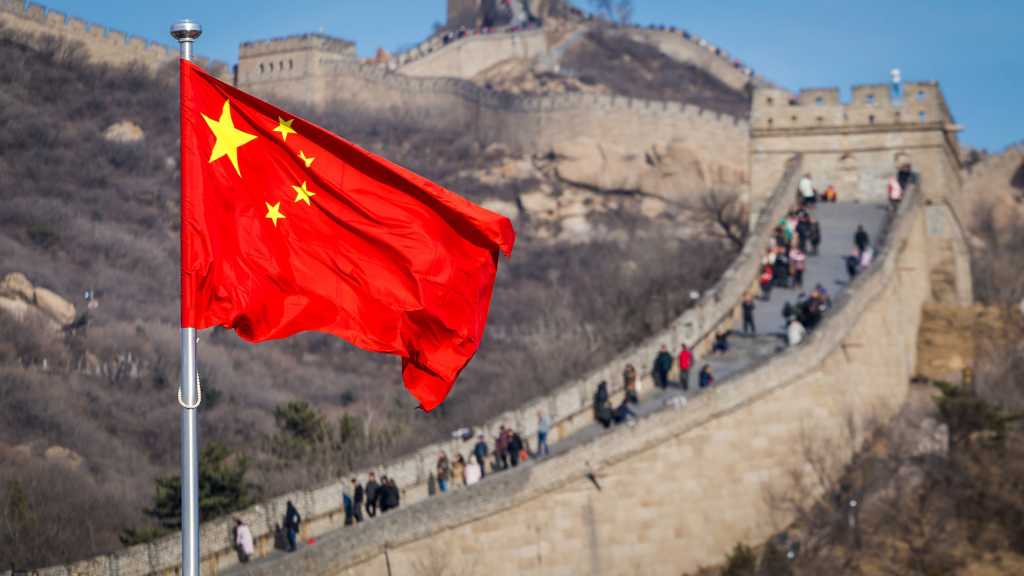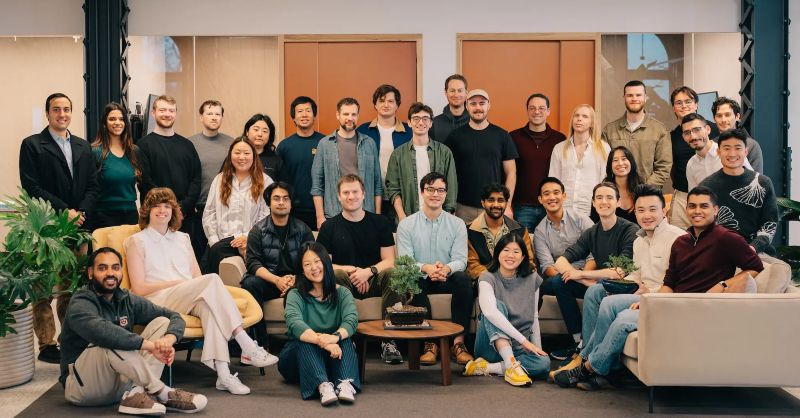Ola to Enter Grocery Delivery via ONDC, Captures 30% of Food Orders on Network
- ByStartupStory | June 28, 2024

Bhavish Aggarwal-led Ola is gearing up to launch grocery delivery via the government-backed Open Network for Digital Commerce (ONDC) over the next few days, according to sources aware of the developments.
Meanwhile, the ride-hailing app has already become the second biggest buyer-side platform after Magicpin in the food category, clocking 15,000-20,000 food orders per day and capturing almost a third of the demand in key markets like Delhi-NCR and Bengaluru, sources said.
“Ola enables more than 30 percent of ONDC food orders in Bengaluru and Delhi-NCR, in its efforts to capture significant market share of the online food ecosystem in the immediate term. Further, it is also leveraging its core expertise in the logistics domain by offering EV-based logistics services at a highly competitive price to smaller sellers on the ONDC network,” said a person close to the developments.
Grocery delivery is not a new domain for Ola. In July 2015, ride-hailing startup Ola launched a standalone online grocery store in Bengaluru, quick on the heels of a food delivery app in March the same year. The idea was to use its cabs and drivers to also deliver groceries, between 9 am and 11 pm. However, nine months later, it shut both Ola Store and Ola Foods without going into detail.
In 2021, Ola ventured into online grocery delivery again through Ola Dash and launched its services across Mumbai and Bangalore with almost 15 dark stores. After a year, the firm shut down Ola Dash and suspended operations of all its dark stores. Last year, the mobility unicorn joined ONDC to provide food delivery services.
“Our partnership with ONDC is going strong, and we have been able to achieve an incredible 10X growth in the last few months alone. We will continue to leverage the ONDC platform to explore and unlock opportunities for our next phase of growth,” said an Ola spokesperson.
ONDC Nears New Milestone
It is estimated that ONDC will cross 10 million transactions — including mobility and retail — for the first time in June, representing a 5x growth year-on-year. The network hit a fresh peak of 5 million retail orders in May, compared to 3.59 million in the previous month. The government-backed network also saw an all-time high of 200,000 retail transactions in a single day during the month, according to people close to the developments.
ONDC transactions are broadly classified into two categories — ride hailing and retail (including food, grocery, fashion, and electronics). In May, the interoperable network saw two segments in the retail category — food delivery and grocery — each hitting one million orders for the first time ever.
However, the food segment accounted for only 20 percent of the total retail orders in May. This share was at 76 percent a year back — when food delivery orders accounted for 210,000 of the total 270,000 retail transactions. There has been a significant change in the makeup of ONDC’s retail category transactions over the past few months as the share of food delivery orders has been consistently falling, while other categories such as grocery, fashion, home, and kitchen have seen an uptick.
Over the past year-and-a-half, multiple new-age companies such as Paytm, Ola, PhonePe, Meesho, Magicpin, and Shiprocket have taken to ONDC, aimed at breaking the stranglehold of a few players such as Amazon, Flipkart, Zomato, and Swiggy on online retail in the country.
Government’s E-Commerce Bet through ONDC
With ONDC, the government hopes to increase e-commerce penetration in the country to 25 percent in the next couple of years, reaching a gross merchandise value of $48 billion. Large corporate houses and philanthropic organisations such as Nasscom Foundation, JSW Foundation, etc. are volunteering to build various parts of the ONDC ecosystem by imparting vocational training, building robust and easy-to-use technology stacks, providing on-ground hand-holding support, etc. as their strategic priorities. They are also working around to leverage their CSR muscles to deploy required capital investments for the network.
Last year, Hindustan Unilever, the country’s largest packaged consumer goods firm, had committed to help onboard 1.3 million kirana stores on the central government’s ONDC network. Meanwhile, the Bill and Melinda Gates Foundation has partnered with ONDC to empower 1 million women entrepreneurs to help them leverage the ONDC network and enhance their earning potential by more than 25 percent.









